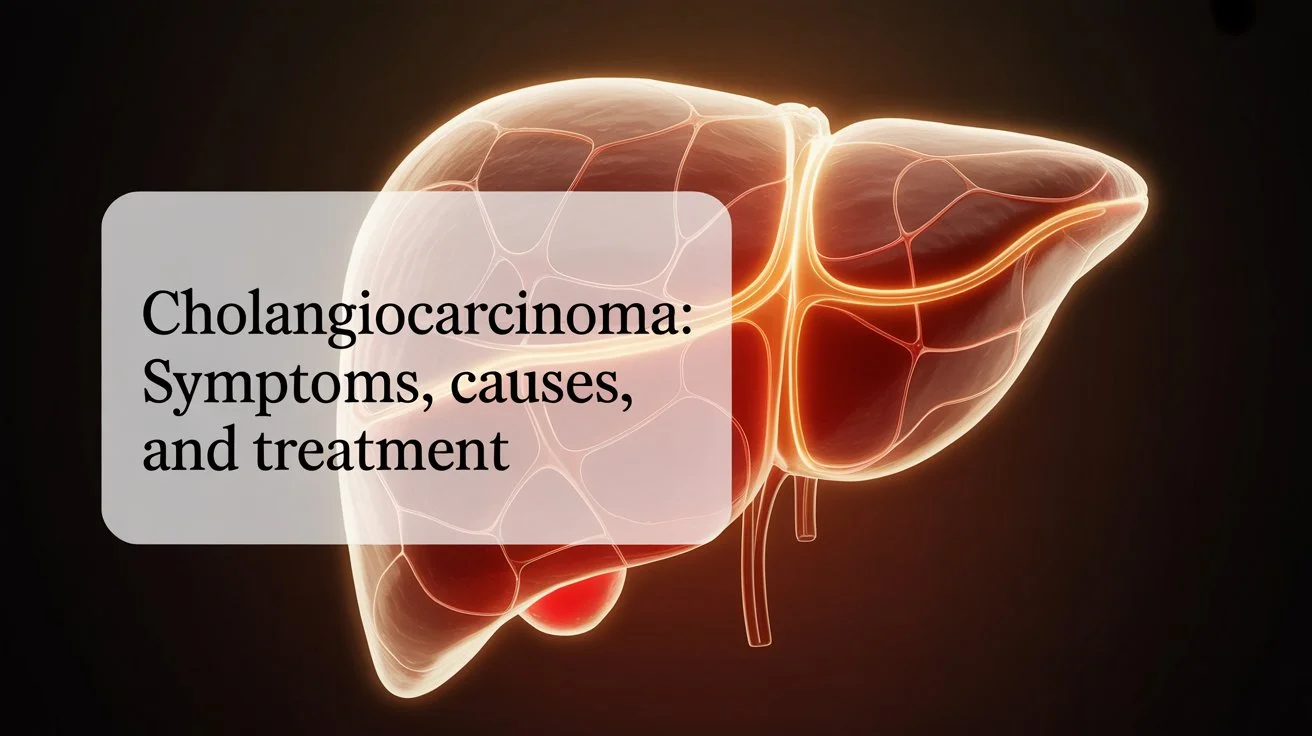The POCSO Act (Protection of Children from Sexual Offences Act), 2012, is India’s essential law for protecting children from sexual abuse, harassment, and exploitation. This article explains the POCSO Act in clear terms what it covers, why it matters, and what you can do to help.
What Is the POCSO Act & Why Was It Enacted?
- The POCSO Act is a special law enacted in 2012 to provide a legal framework for protecting children (those under 18) from sexual offences.
- Before POCSO, many cases either weren’t properly addressed under older laws or lacked child-friendly procedures.
- It aims to make laws more child-sensitive: reporting, investigation, trial all these stages must protect the child’s dignity.

Key Definitions Under the POCSO Act
Before diving into provisions, it helps to understand some important definitions under the POCSO Act:
| Term | Meaning |
| Child | Anyone under the age of 18 years. |
| Penetrative Sexual Assault | Insertion of penis/any body part/object into child’s vagina, anus, mouth, or asking child to do so. |
| Sexual Assault | Physical contact without penetration but with sexual intent. |
| Sexual Harassment | Includes gestures, remarks, following, showing pornography, etc., toward a child. |
| Child Pornography | Involvement of a child in any kind of pornographic content. |
| Aggravated Offences | More serious versions (e.g. when the abuser is in a position of trust, child is very young, etc.) and carry heavier penalties. |
Major Provisions of the POCSO Act
Here are the most important parts of the POCSO Act — what it requires, what protections it offers:
Child-Friendly Legal Process
- Special Courts are set up to try POCSO cases.
- The statements of the child must be recorded in a safe, non-threatening, child-friendly manner.
- The identity of child victims must not be disclosed. The media or public should not reveal names or other identifiers.
Mandatory Reporting & No Delay
- Any person who has knowledge of a sexual offence or reasonable suspicion must report it. Teachers, doctors, social workers etc., are obligated.
- There’s no time limit for reporting. Even if the offence happened years ago, you can still report under POCSO.
Punishments & Penalties
- The POCSO Act provides strict penalties depending on the gravity of the offence. For example, penetrative sexual assault has higher punishment; aggravated offences can lead to life imprisonment.
- False complaints with the intent to defame are also punishable.
Rights & Protections for Child Victims
- The Act insists on preserving the best interest of the child, with dignity, compassion, and understanding.
- Child victims have rights like privacy, protection from discrimination, being heard, being informed, etc.
- Medical examination must be done in a manner least distressing; for female victims, where possible, a female doctor must be appointed.
FAQs About the POCSO Act
Here are answers to common questions people have about the POCSO Act:
Who does the POCSO Act protect?
Every child under 18, regardless of gender, caste, religion, or where they live. The law is gender-neutral.
Can a case be filed years after the abuse happened?
Yes. There is no time limit (statute of limitations) in many parts under POCSO, so abuse can be reported even after years.
What if a teacher, doctor or other professional doesn’t report abuse?
They can face punishment under the law. The law mandates certain professionals to report. Failure to do so can lead to penalties.
Can adolescent consensual relationships be criminalised under POCSO?
Yes, this is a complex and debated issue under the law because the POCSO Act defines any sexual act involving a person under 18 as an offence, even if consensual. Some courts have provided clarifications.
Read also – How to Protect Yourself From the Latest Cyber Crime & Online Scams
Real-World Examples & Impacts
- Example: A school teacher detects signs of abuse in a student and reports the case — under POCSO Act, the process of investigation, trial, and child testimony will follow special child-friendly norms. Learn more
- Impact: Children feel safer to come forward when they trust that they won’t be retraumatized. Also, public awareness increases and more cases are reported.
- On institutions: Schools and hospitals now must have protocols so that staff know how to respond, report, and support victims under the POCSO Act.
Actionable Tips: How Individuals & Organisations Can Help
Here are practical steps you or your organisation can take to support child safety in line with the POCSO Act:
- Create awareness among children, parents, teachers about what the POCSO Act is and how it works.
- Train staff in schools, hospitals, NGOs on how to identify abuse, report properly, and support child victims.
- Establish safe channels for children to report abuse trusted persons, helplines, anonymous reporting where possible.
- Ensure privacy & confidentiality when dealing with cases. Don’t share names, details in public.
- Support victims medical treatment, counselling, legal assistance. Organizations and individuals can volunteer or collaborate.
- Monitor compliance multi-stakeholder bodies, child welfare committees, etc., should check how local implementation is going.
Challenges & What Needs Improvement
- Even with strong law, underreporting remains a big problem due to stigma, fear, lack of knowledge.
- Delays in trials and investigation can cause additional trauma for child victims.
- Infrastructure (child-friendly courtrooms, trained interviewers, etc.) is uneven across regions.
- Misunderstandings around consensual adolescent relationships – need for judicial clarity and perhaps legislative review.
Conclusion
To recap: the POCSO Act is India’s powerful legal tool for child protection, covering sexual assault, harassment, pornography, with strict punishments and child-friendly processes. It defines offences clearly, requires mandatory reporting, protects identities, and ensures victims are treated with dignity.
We all have a role: whether as parents, educators, healthcare workers, business owners, or citizens spreading knowledge, supporting victims, and ensuring laws are followed.





